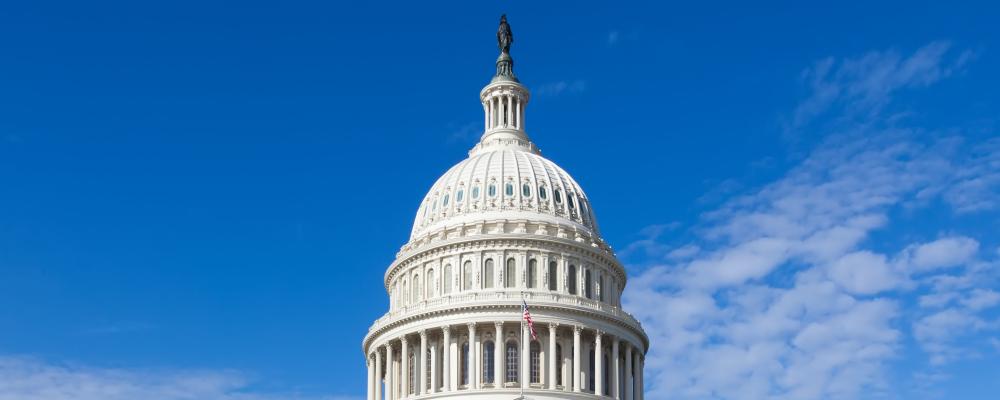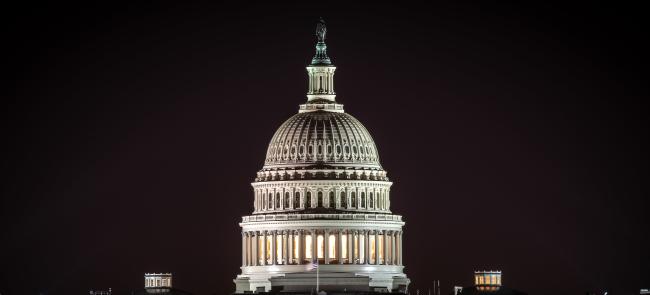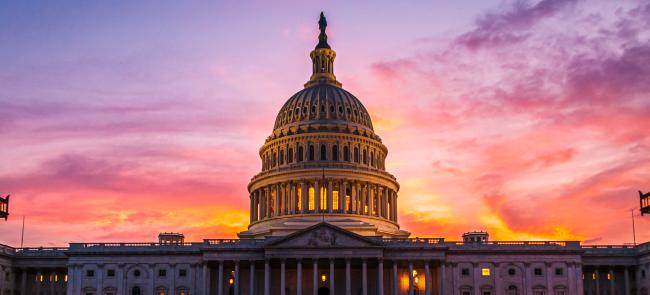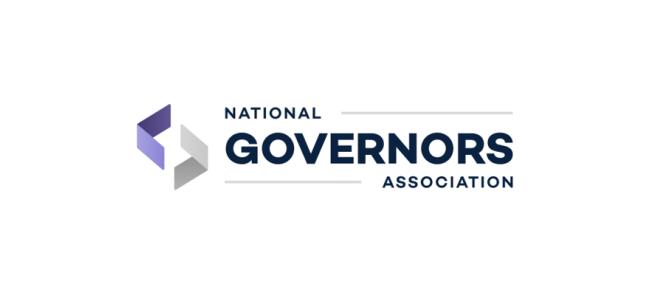
All eyes on Capitol Hill are on House Republicans after they selected their nominee to lead the chamber as speaker Tuesday.
House Majority Leader Steve Scalise, R-La., defeated House Judiciary Committee Chair Jim Jordan, R-Ohio, 113-99 in a closed-door vote.
Both men were vying to replace former Speaker Kevin McCarthy, R-Calif., whom lawmakers voted to oust from the post last week.
But the GOP majority is so slim that Scalise can now only lose four Republican votes to get the 217 required to win the speaker's gavel in a vote on the House floor later this week.
The math from Tuesday's vote behind closed doors was difficult enough. By itself, the vote didn't total 217 votes, and House Republicans remain fractured.
And several Jordan supporters told reporters after Tuesday's vote that they would continue to support him when the matter reaches the full House.
The House will next vote for speaker as many times as necessary for someone to receive 217 votes. Electing McCarthy earlier this year required 15 separate votes.
Yet resolving the House's speaker vacancy is critical.
The House can't conduct any other business until it has a speaker, which is the chamber's top position.
And the House has a full plate. Congress is staring down a new government funding deadline and the outbreak of war in Israel.
The funding deadline is Nov. 17, as specified in the stopgap budget called a continuing resolution that lawmakers passed last month. President Joe Biden signed the measure Sept. 30, only hours before fiscal 2024 began Oct. 1.
Congress will also need to pass 12 appropriations bills by the new deadline, or pass another CR to provide lawmakers with more time. Otherwise, the federal government will shut down.
The calendar is one challenge facing lawmakers, as the House has only 16 scheduled workings days between now and Nov 17.
Another obstacle is major differences between the House and Senate on spending plans, including defense.
The two chambers must agree on each of the appropriations bills before each one can be sent to Biden for his signature.
Most observers believe approving all 12 appropriations bills is very unlikely, meaning the nation may face at least a partial government shutdown when the CR runs out.
Meanwhile, work is quietly proceeding behind the scenes to reconcile the big differences between the House and Senate versions of the fiscal 2024 National Defense Authorization Act.
A formal joint conference committee of House and Senate negotiators will likely begin soon.
Congressional defense leaders are aiming to complete a bipartisan compromise NDAA before the Thanksgiving break in mid-November.
At stake are some provisions in the House version of the fiscal 2024 NDAA that are absent in the Senate’s version. These provisions would provide zero-cost dental care to all National Guardsmen and Reservists, establish a Space Guard and limit the termination of Guard fighter squadrons.
NGAUS sent a Sept. 18 letter to the chairman and the ranking member of the House and Senate armed services committees expressing support for the House provisions.
Congress has passed — and the president has signed — the always voluminous NDAA for 62 consecutive years.
— By John Goheen










